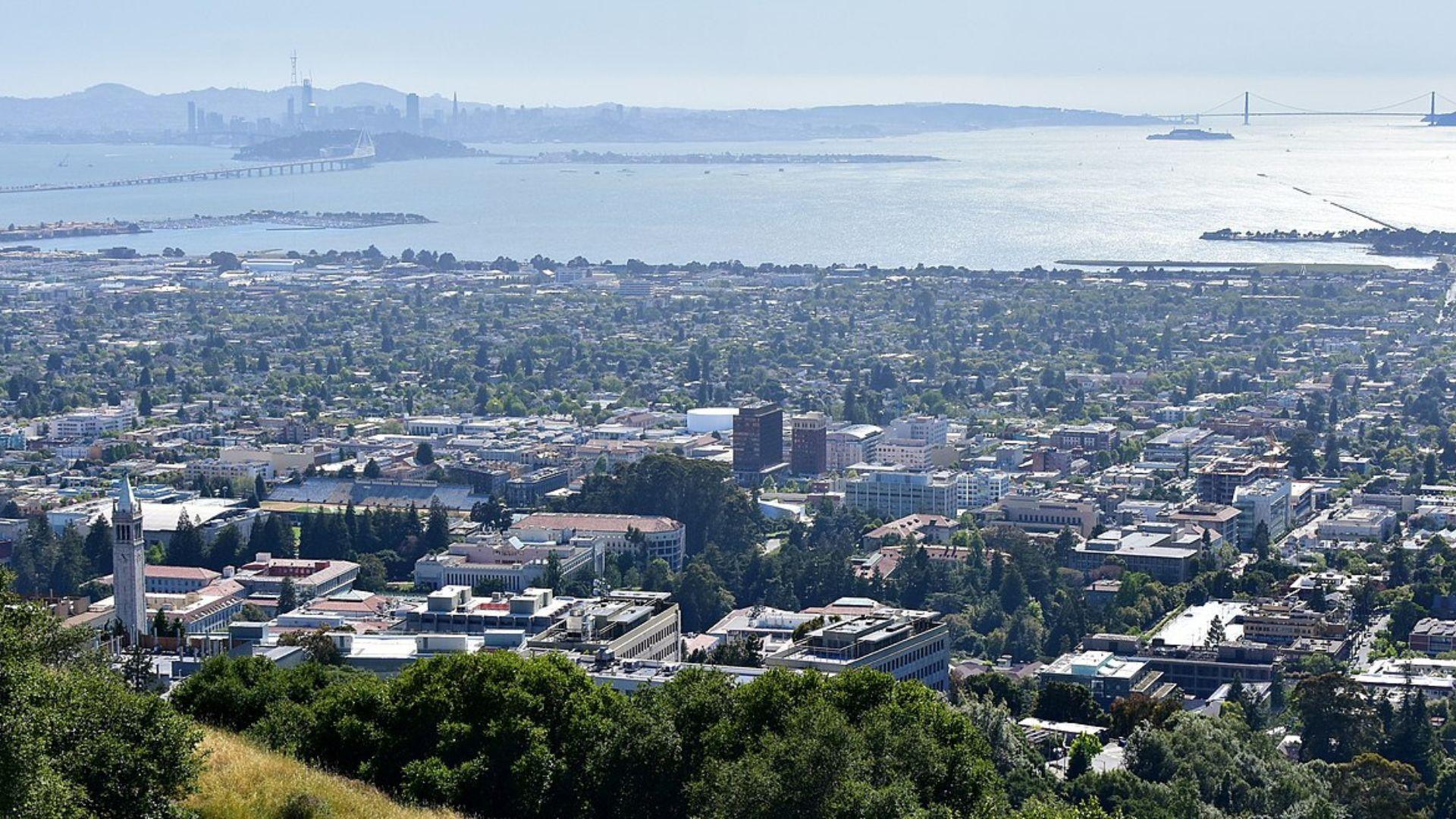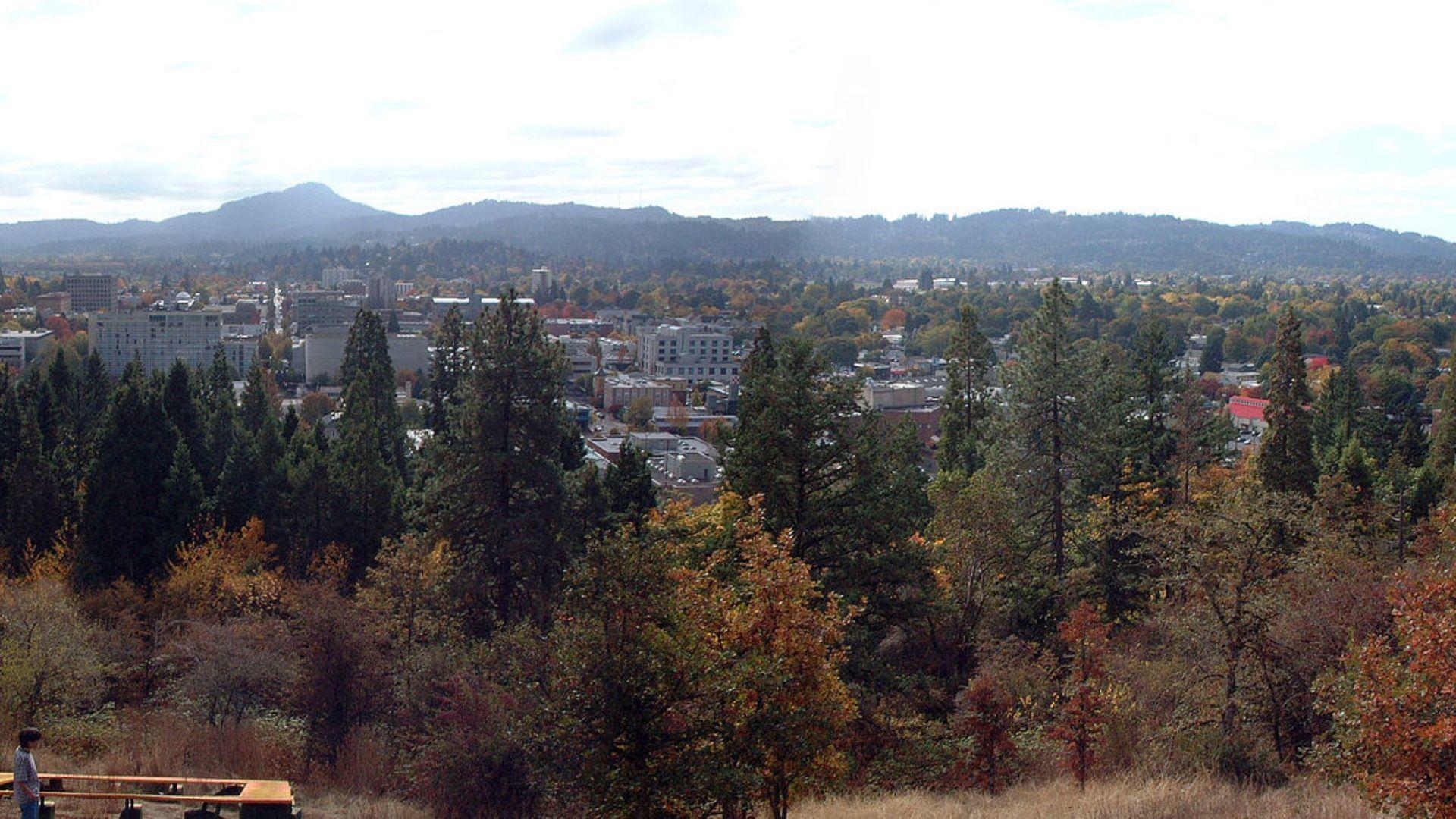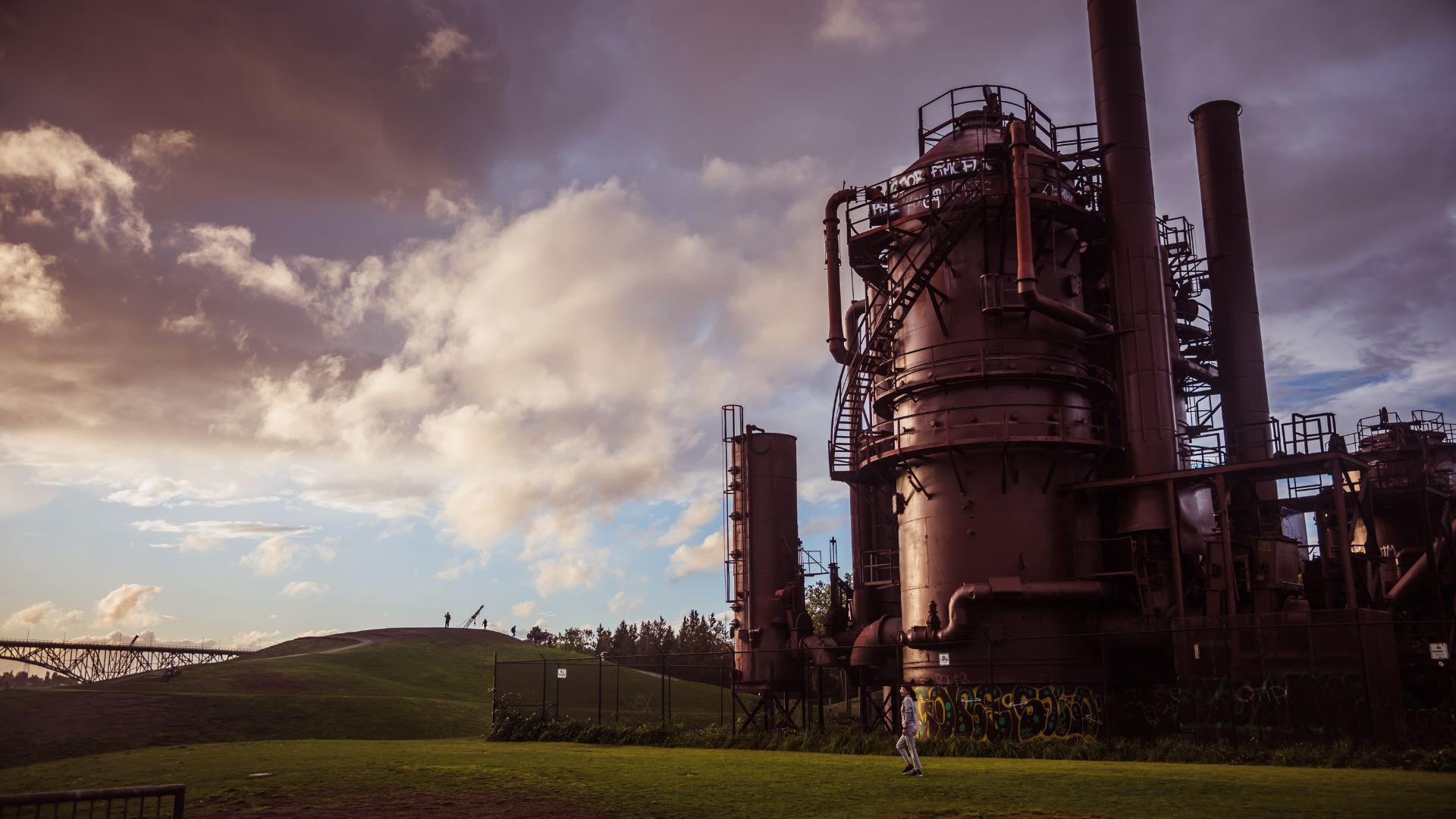A federal appeals court has refused to reconsider the overturning of Berkeley’s ban on new natural gas connections. Stemming from a 2019 lawsuit from the California Restaurant Association, a 9th Circuit panel deemed the ban unlawful.
This ruling has crucial implications, not just for Berkeley but for environmental policy across numerous cities. The 9th U.S. Circuit Court of Appeals’ initial decision in April has now become a pivotal moment, creating uncertainty over similar electrification policies in other cities.
Legal Implications of the Court’s Ruling

The court’s decision to uphold its earlier judgement against Berkeley’s gas ban has created a precedent that affects numerous cities in the 9th Circuit region, which includes 11 western states and territories including California, Washington and Oregon.
According to the newspaper Berkeleyside, unless Berkeley appeals to the Supreme Court, this judgement is now final, meaning local gas bans similar to Berkeley’s are no longer legal in these states.
Berkeley’s Pioneering Environmental Policy

Berkeleyside reports how Berkeley became the first city in the United States to pass a ban on installing natural gas piping in new buildings in 2019.
This legislation hoped to promote the use of all-electric appliances to reduce greenhouse gas emissions and improve indoor air quality. Following Berkeley’s lead, over 70 cities in California and others in the 9th Circuit region drafted similar laws.
Challenge From the California Restaurant Association

According to Grist, The California Restaurant Association challenged Berkeley’s policy in court, arguing that natural gas stoves are essential for certain cooking methods, such as preparing “flame-seared meats” and “charred vegetables.”
Originally reported by Bloomberg Law, the federal district court initially ruled against the restaurant industry in 2021, but this decision was overturned in April 2023 by the 9th Circuit.
Perspectives From Legal Representatives

Sarah Jorgensen, a lawyer for the California Restaurant Association, stated to the San Francisco Chronicle that the judges recognized “energy policy was a matter of national concern and that there should be uniform national regulation.”
On the other hand, Sean Donahue, a lawyer for the city of Berkeley, expressed disappointment, telling the San Francisco Chronicle that Berkeley’s “ordinance is well within its authority to protect the health and safety of its own residents.”
Opposing Opinion in the Court

Grist reports that U.S. Circuit Judge Michelle Friedland, along with seven other judges, authored a detailed dissent against the decision.
Judge Friedland wrote, “Climate change is one of the most pressing problems facing society today, and we should not stifle local government attempts at solutions based on a clear misinterpretation of an inapplicable statute.”
Impact on Other Cities’ Policies

Following the April ruling, several cities, including Encinitas, Santa Cruz, and San Luis Obispo in California, as well as Eugene in Oregon, have retracted their own natural gas bans.
These cities had modeled their policies on Berkeley’s and withdrew them to avoid legal risks, according to Grist.
Decision’s Effect on Larger Cities

CBS News details that larger cities like Los Angeles, San Francisco, and San Jose still have natural gas bans in place. However, the recent court decision puts these policies in a precarious position.
Each city government must now decide whether to maintain or halt their gas bans, a decision that may depend on their willingness to face potential legal challenges.
Alternative Routes to Building Electrification

Grist explains that despite setbacks to gas bans, cities have other options for electrifying buildings. These include enacting building codes and air pollution standards.
For example, Washington state’s updated building codes set minimum energy efficiency standards and require new buildings to achieve the same energy performance as those using electric heat pumps, as reported by the Seattle Times.
New York City’s Emission Standards

A blog post by Columbia University’s Sabin Center for Climate Change Law explains that New York City has embraced a different approach by setting emissions standards for new buildings.
These standards aim to limit the amount of carbon dioxide pollution emitted, focusing on air pollution rather than energy use. This method offers a different pathway for cities looking to address environmental concerns.
Role of State Utility Regulators

Amy Turner, director of the Cities Climate Law Initiative at Columbia University’s Sabin Center for Climate Change Law State points out that utility regulators can contribute to building electrification goals by limiting the expansion of natural gas infrastructure.
This approach can align with broader environmental objectives, helping cities indirectly move towards electrification and reduced reliance on natural gas.
Continued Efforts in Environmental Policies

Regardless of the court order, cities remain committed to addressing emissions from buildings.
According to Environmental Health News, Jim Dennison, an attorney working on building decarbonization at the Sierra Club, emphasized, “Cities are extremely motivated to address emissions from their buildings, which are an incredibly important source of climate and health-harming pollution. And I don’t think that this court order can stand in the way of that progress.”
